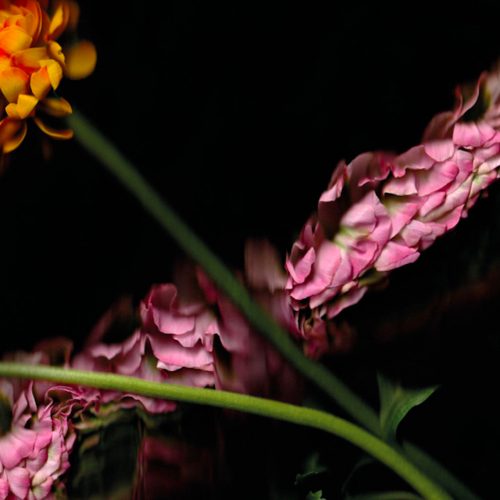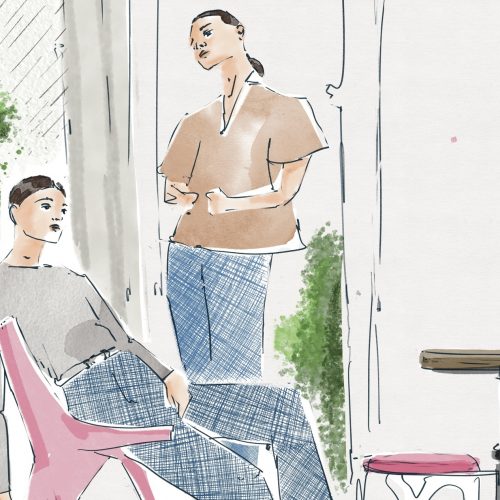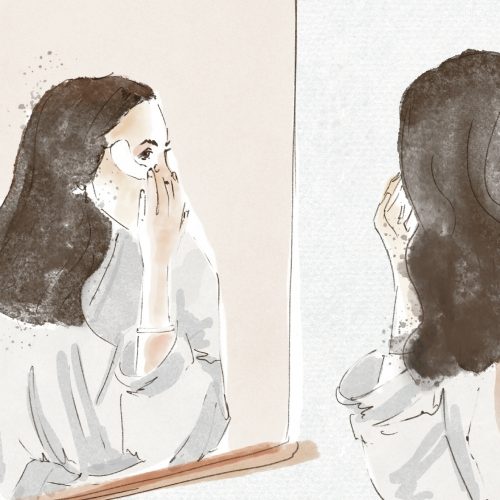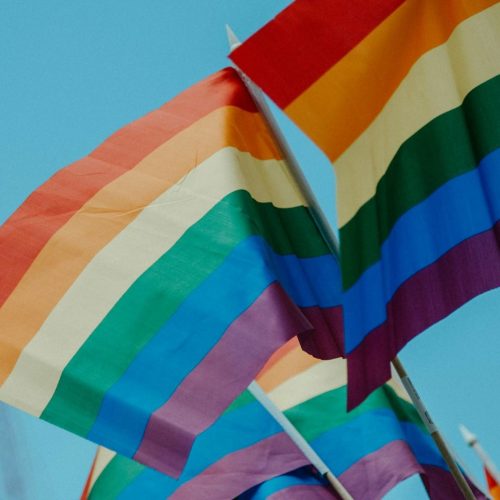Soneva Myanmar Stoves Project I How to improve the lives of the disadvantaged
Sustainability should be built on the belief that a business must exist for a greater purpose than shareholder returns. Soneva, founder of the Soneva Foundation, is an innovative resort chain which combines luxury and sustainability. The foundation supports the development of environmental projects that reduce carbon emissions at the same time as addressing deeper social and environmental challenges. One of their initiated projects, called the Myanmar Stove Project, provides clean cookstoves to households in Myanmar’s Dry Zone. Luxiders Magazine visited families in the Magway region to look into the daily lives of Myanmar households, where a stove can make a big difference.
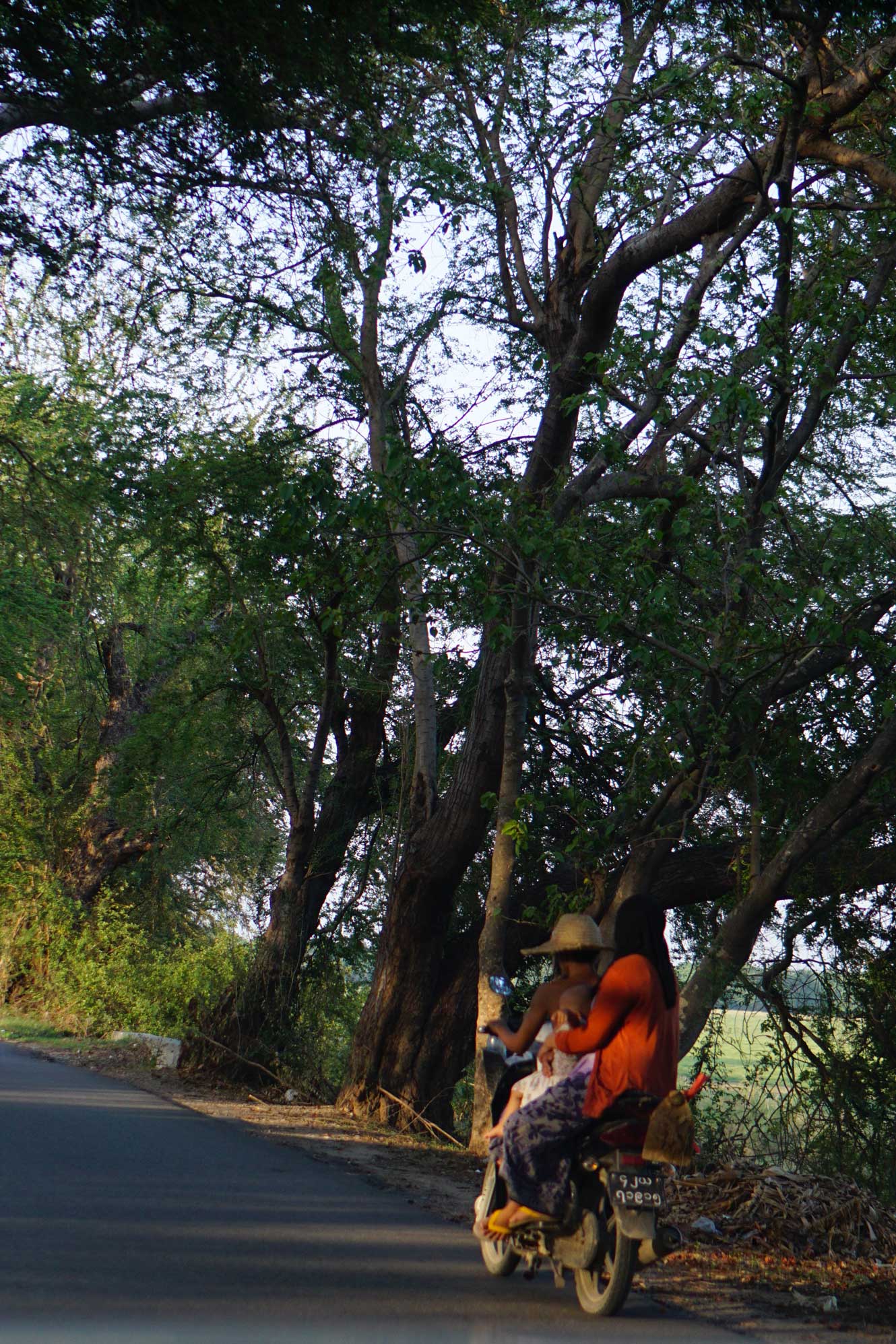
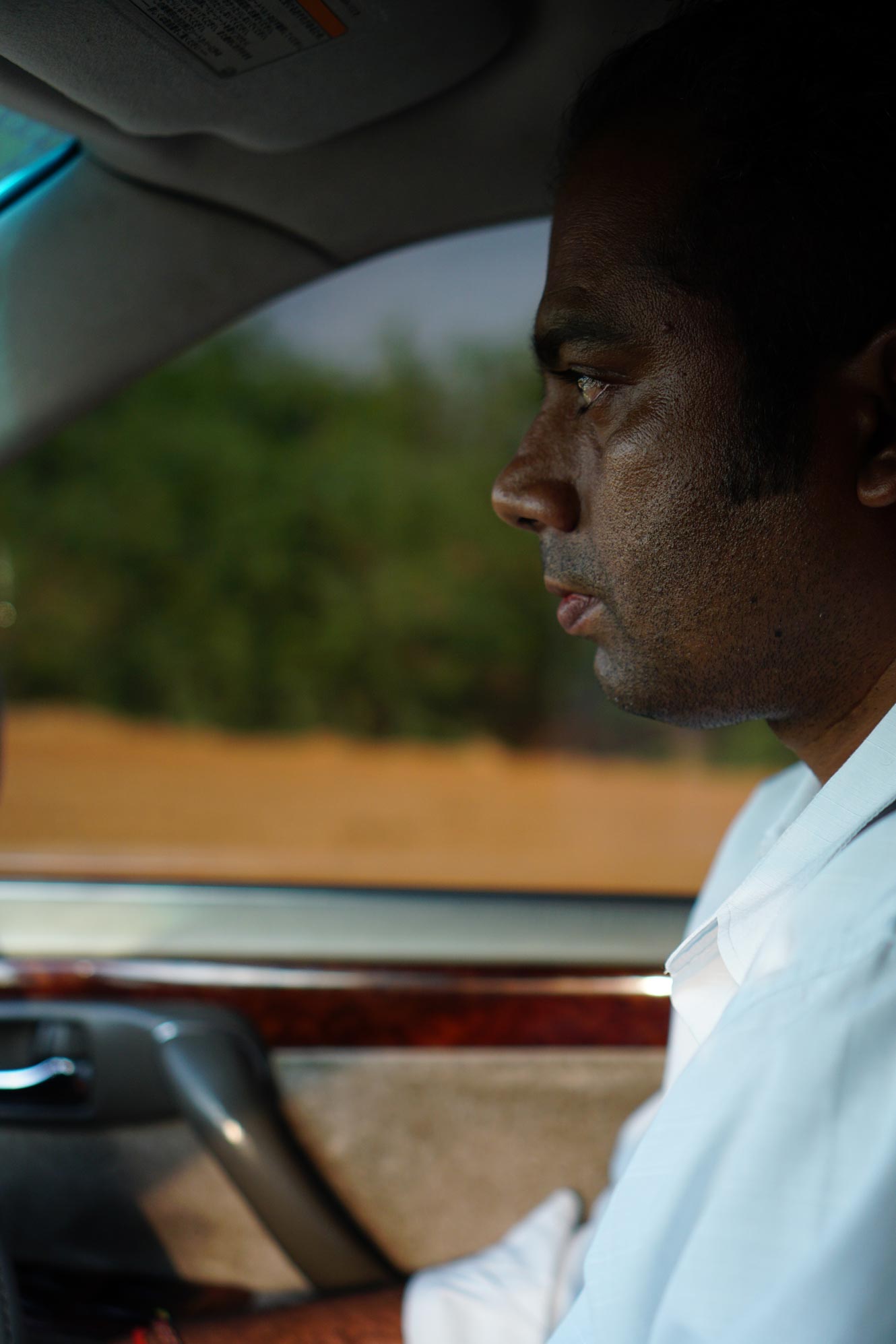
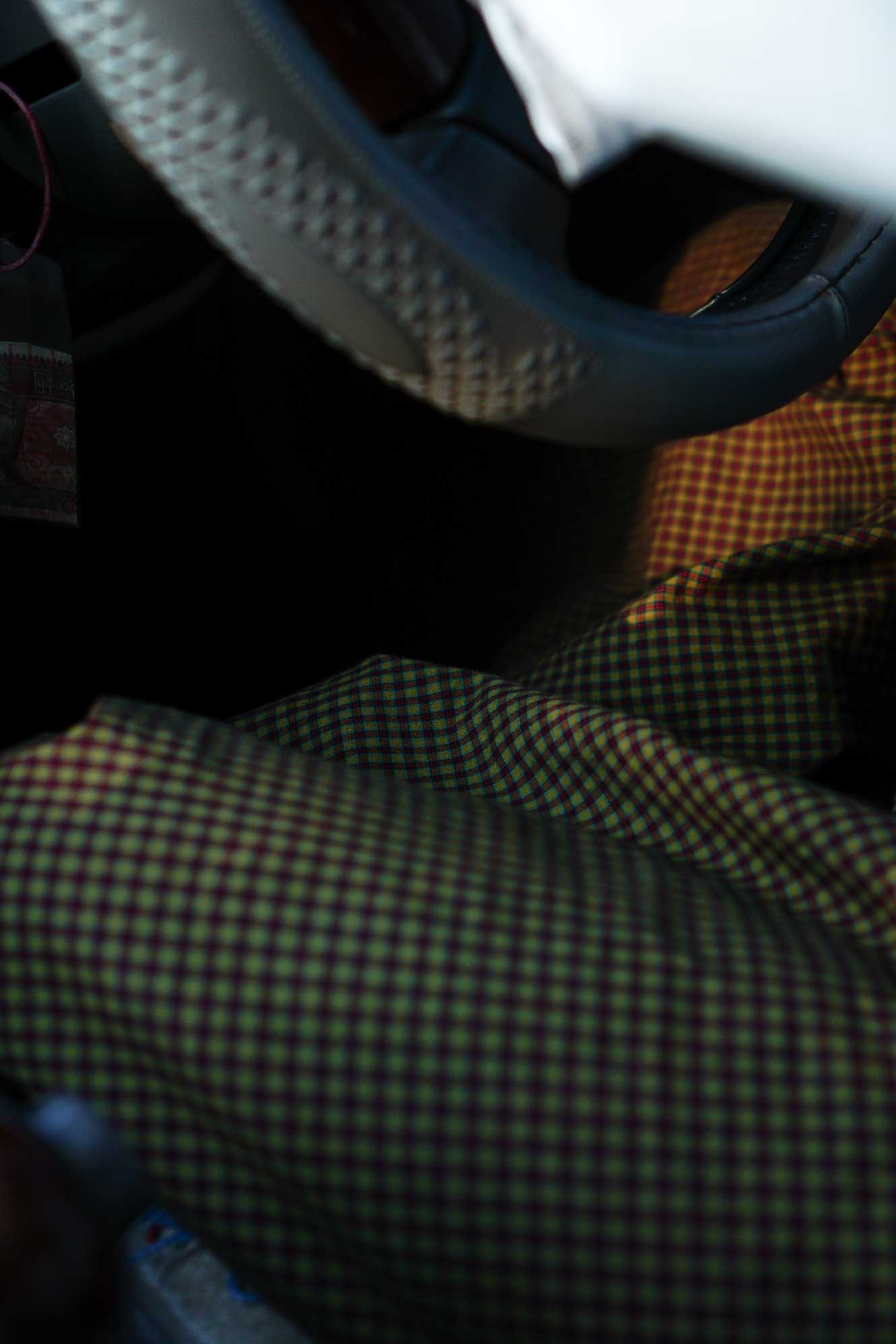
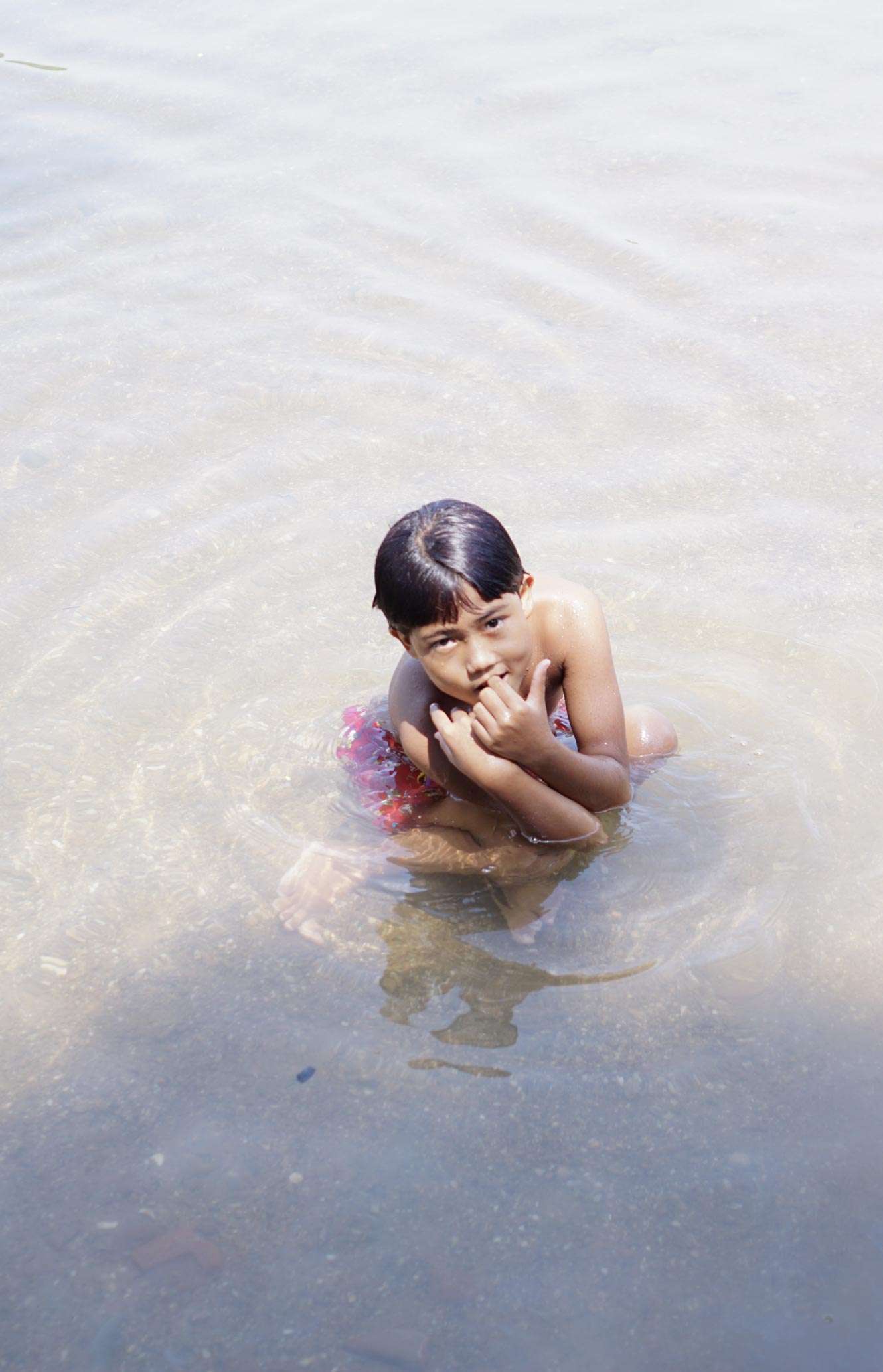
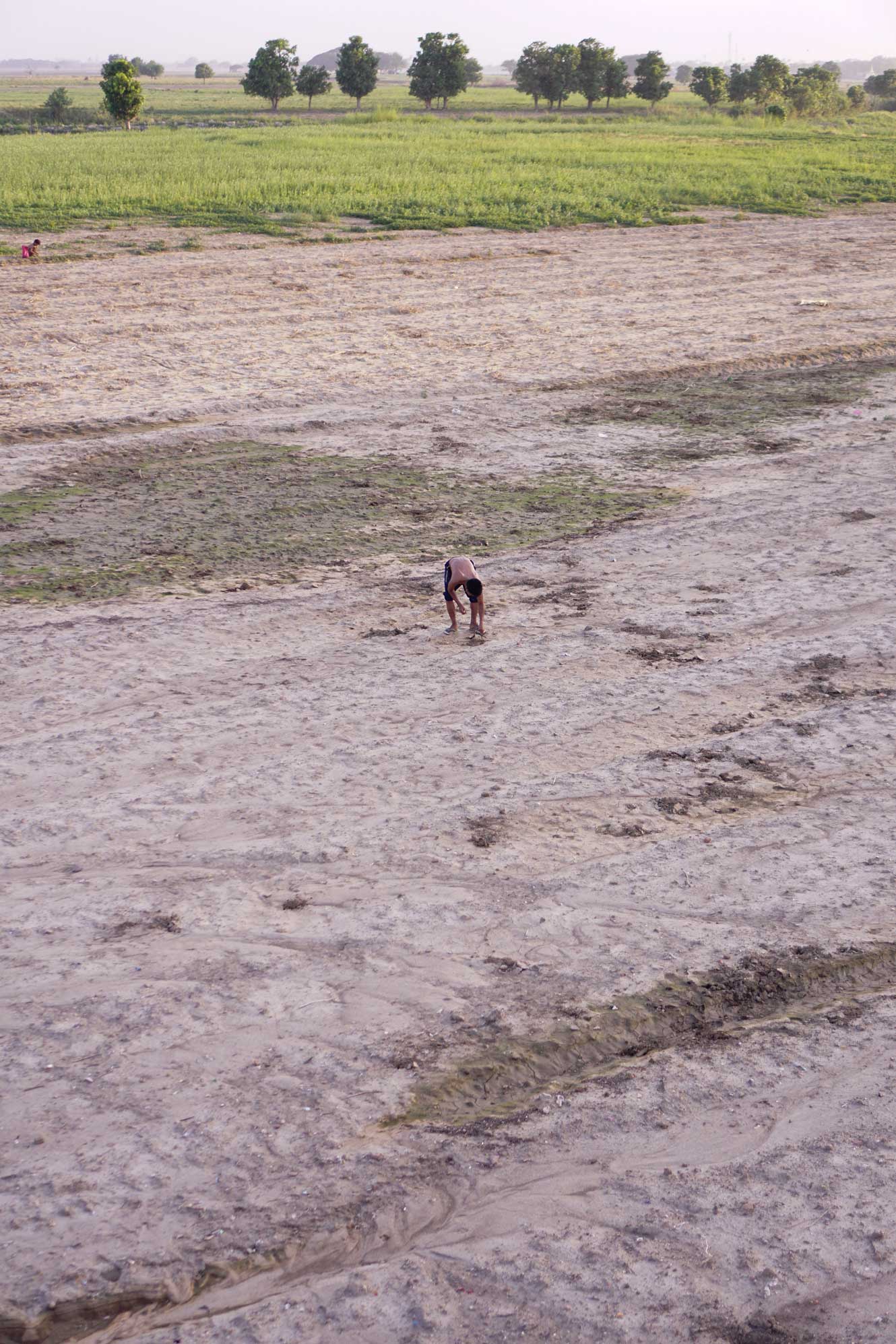
Imagine that starting today, there is no gas oven or any stove in your life. You will quickly get to the point where you ask yourself how you will get your meals made. Fire is the medium of choice, making firewood essential. But wood is not an infinitely available resource. This we will notice soon as we start our visit to Myanmar.
We were picked up from the hotel, accompanied by an employee of the Mercy Corps Myanmar, a global community of humanitarians, which is the local implementation partner of the Soneva Foundation in Myanmar. We stop in front of a police station, a young officer in uniform gets into the car.
Driving along the main street, we pass by shops and restaurants. AS we slowly reach the outskirts of the city of Mandalay, the cityscape changes and more and more factories appear on the landscape. We turn off the main road by car into a narrow, earthy path. The city is left behind us. Banana and Mango plantations pop up. The fruit harvest is one of the main sources of income for the residents. We cross a river about 100 meters wide. The water is dirty, children take a bath, women wash their laundry, a young girl bends her head into the water to rinse the shampoo, plastic drifts downstream.
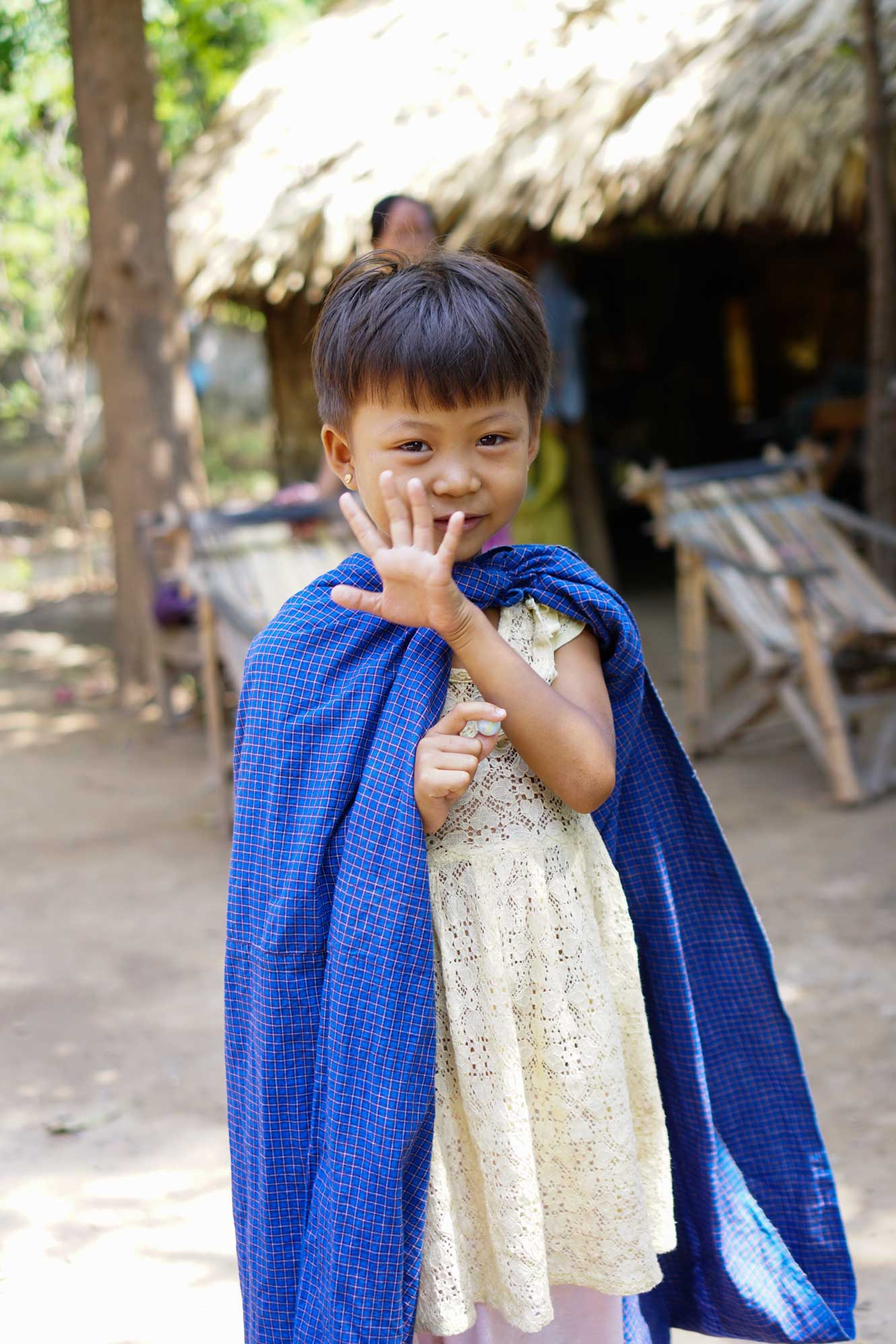
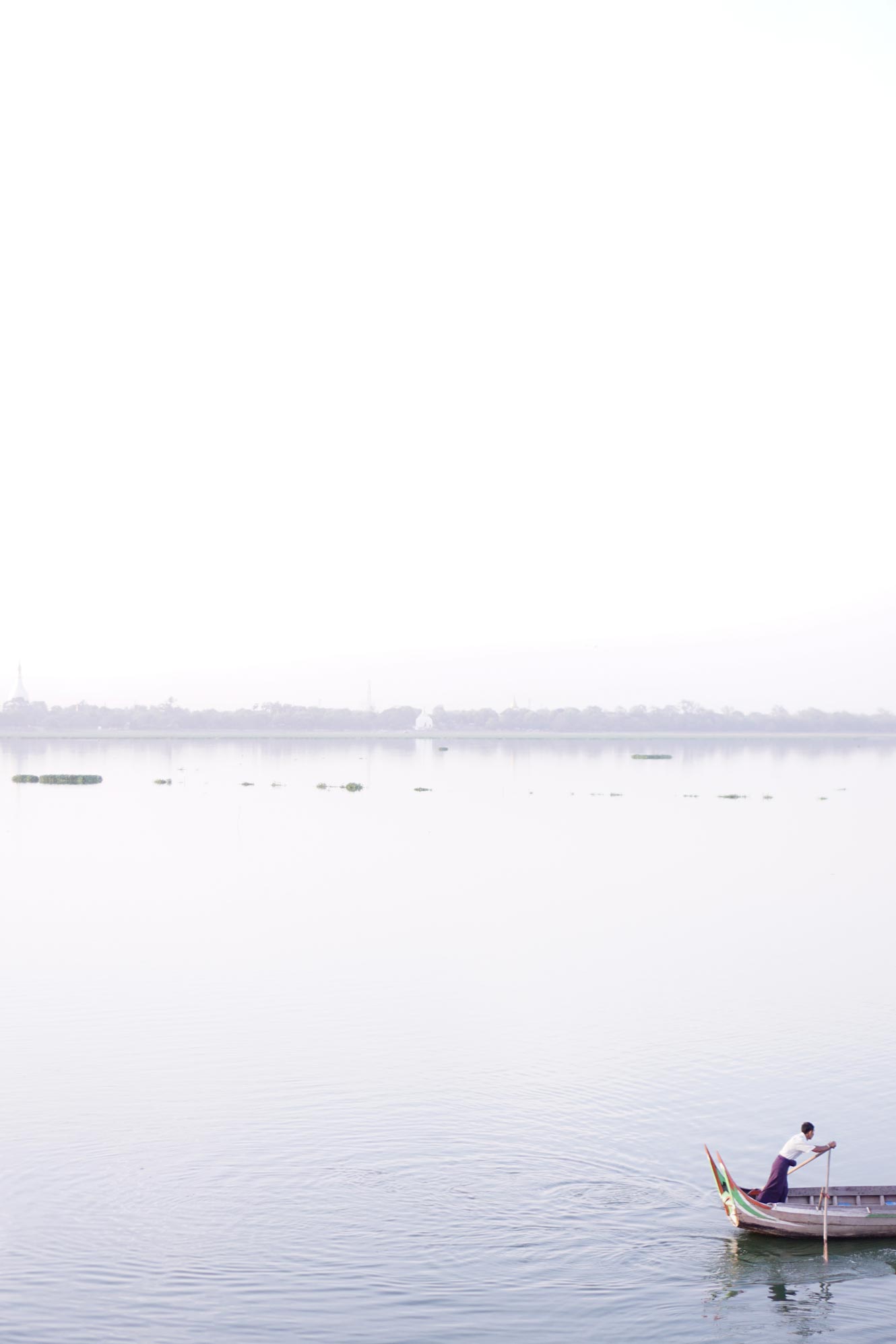
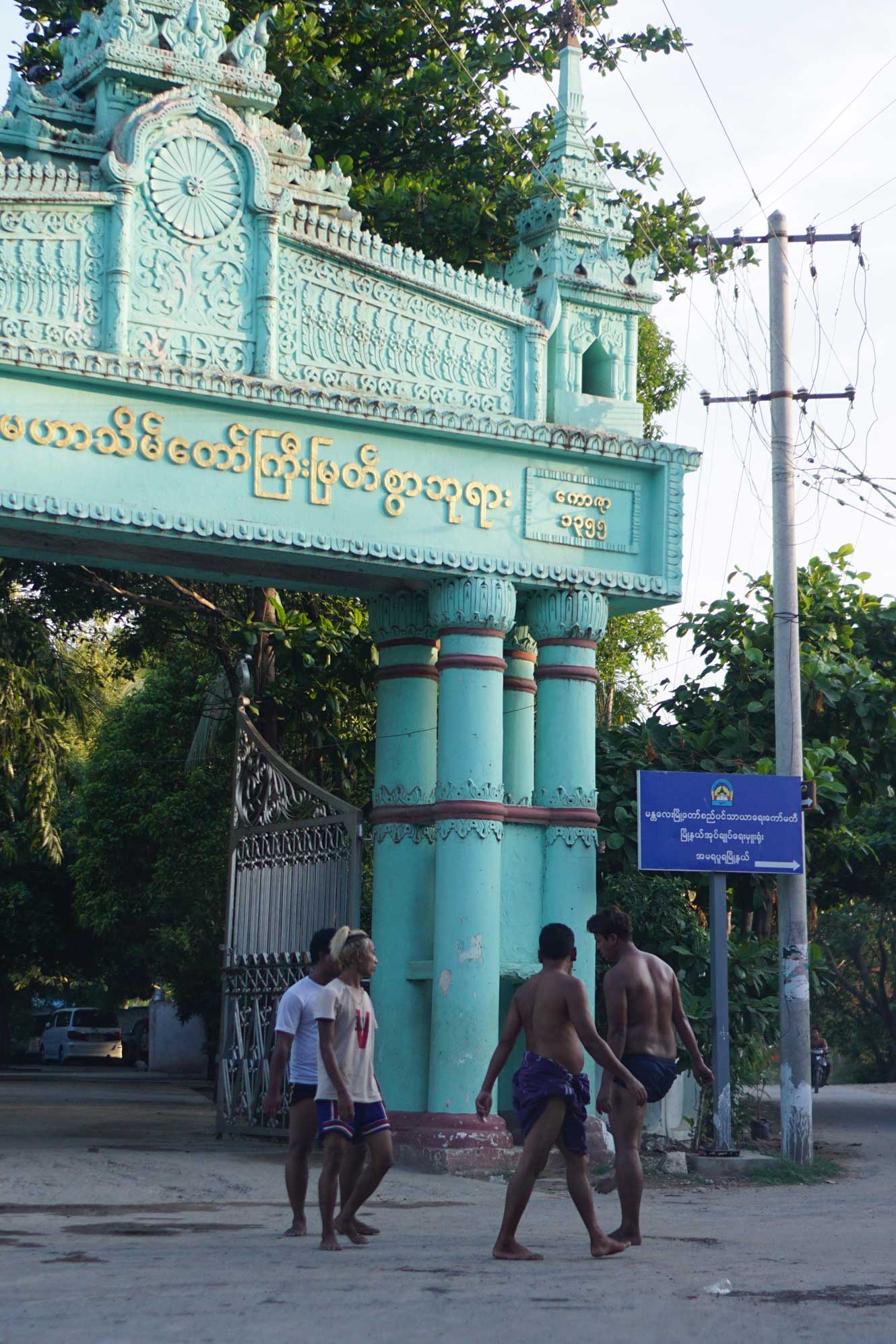
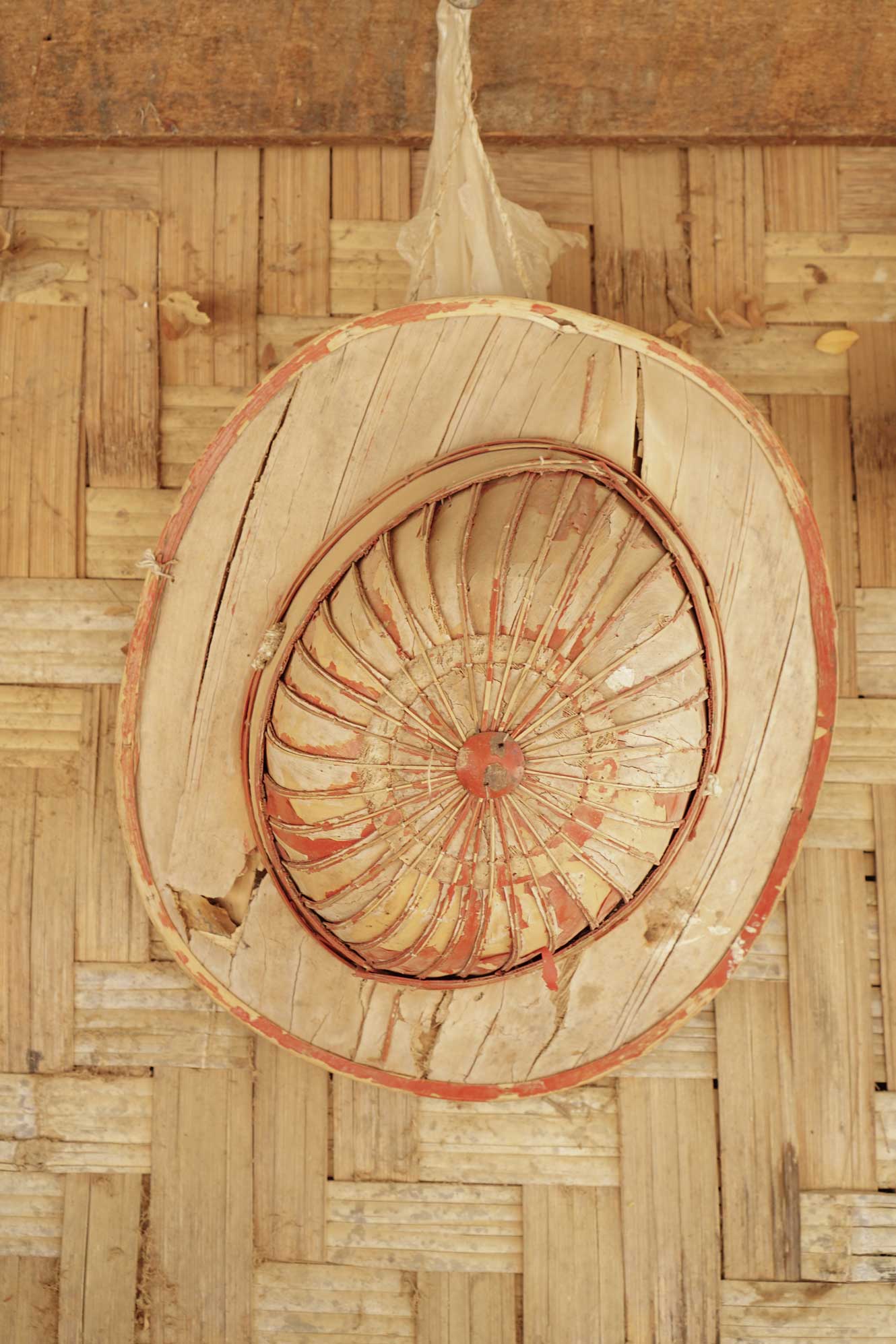
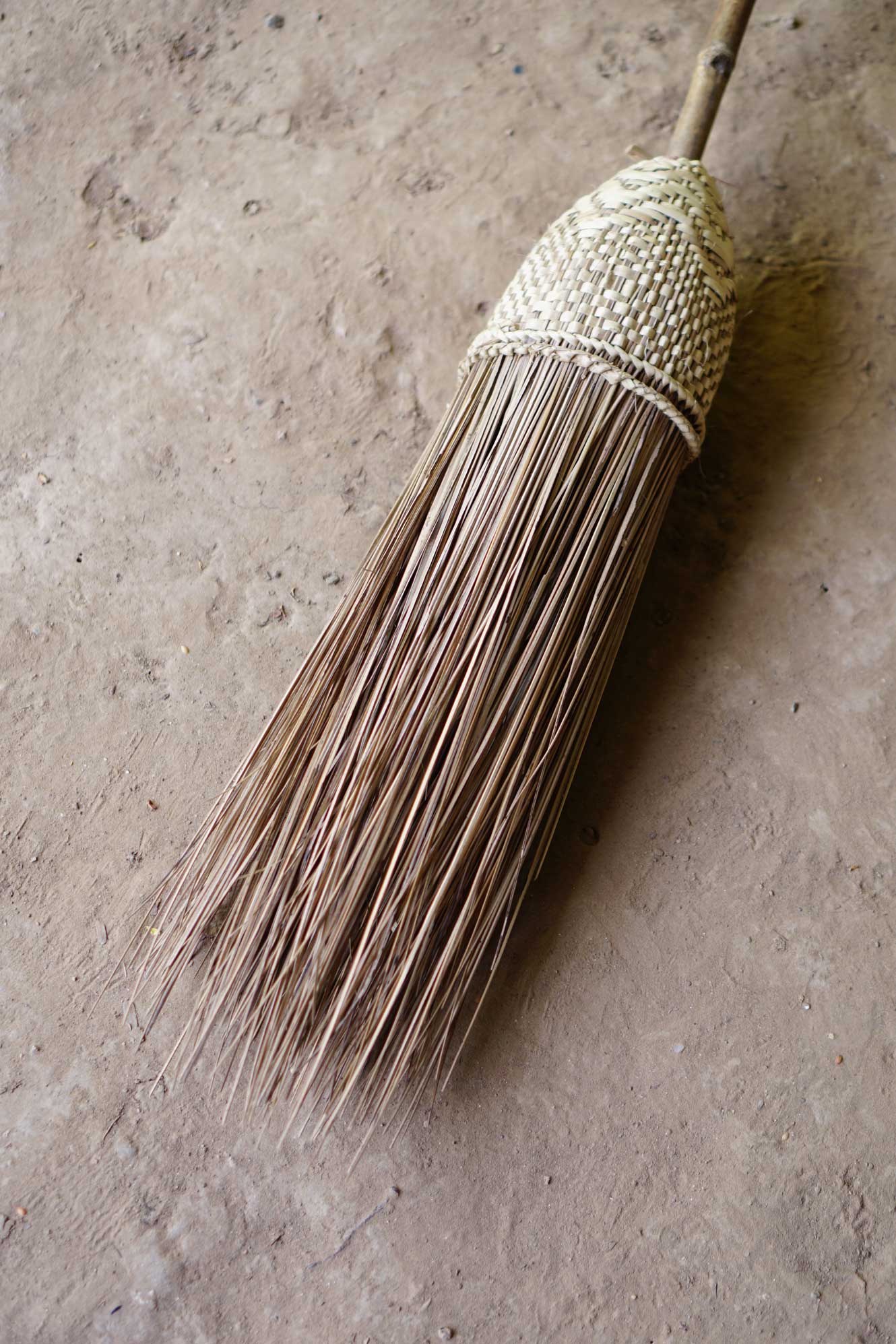
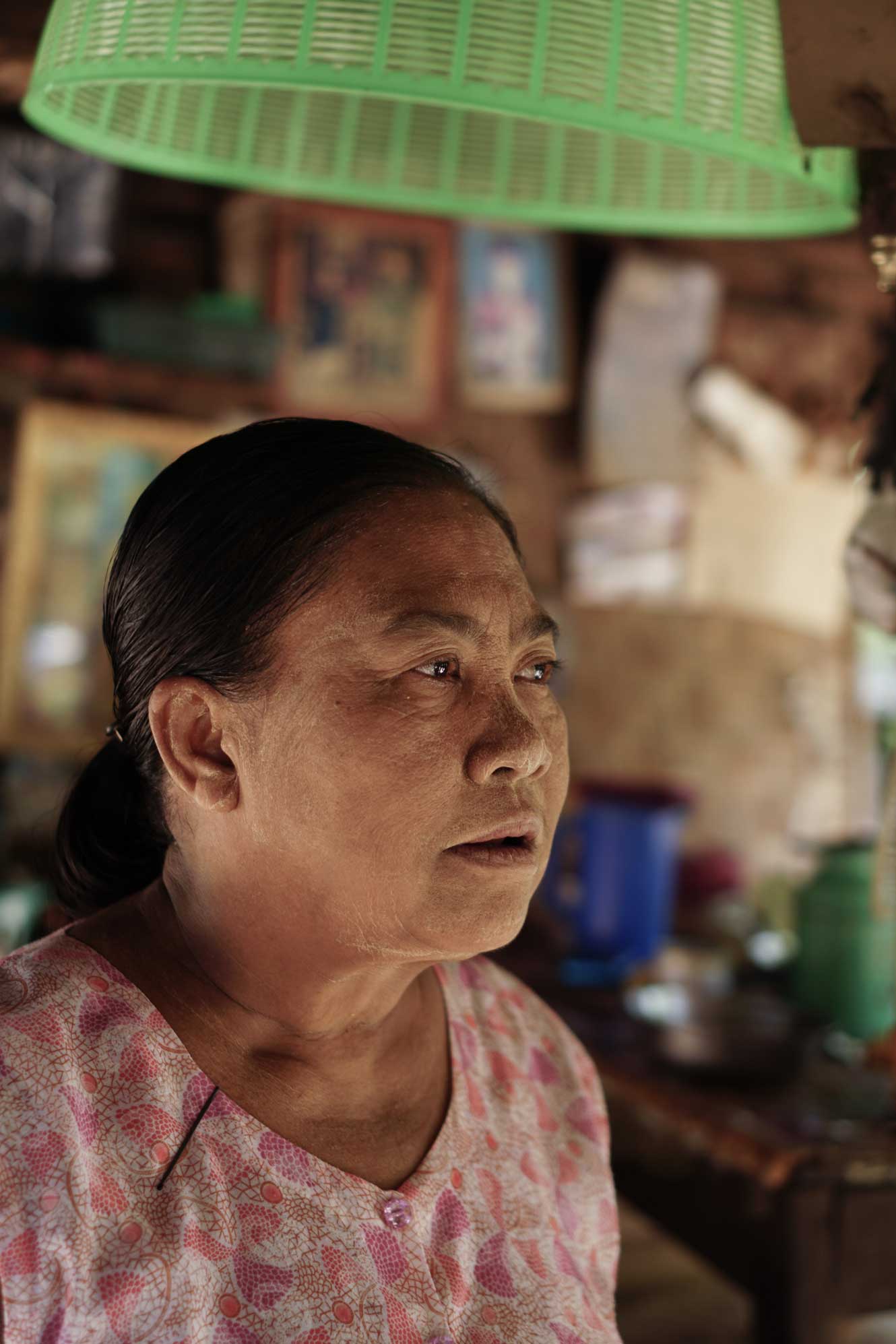
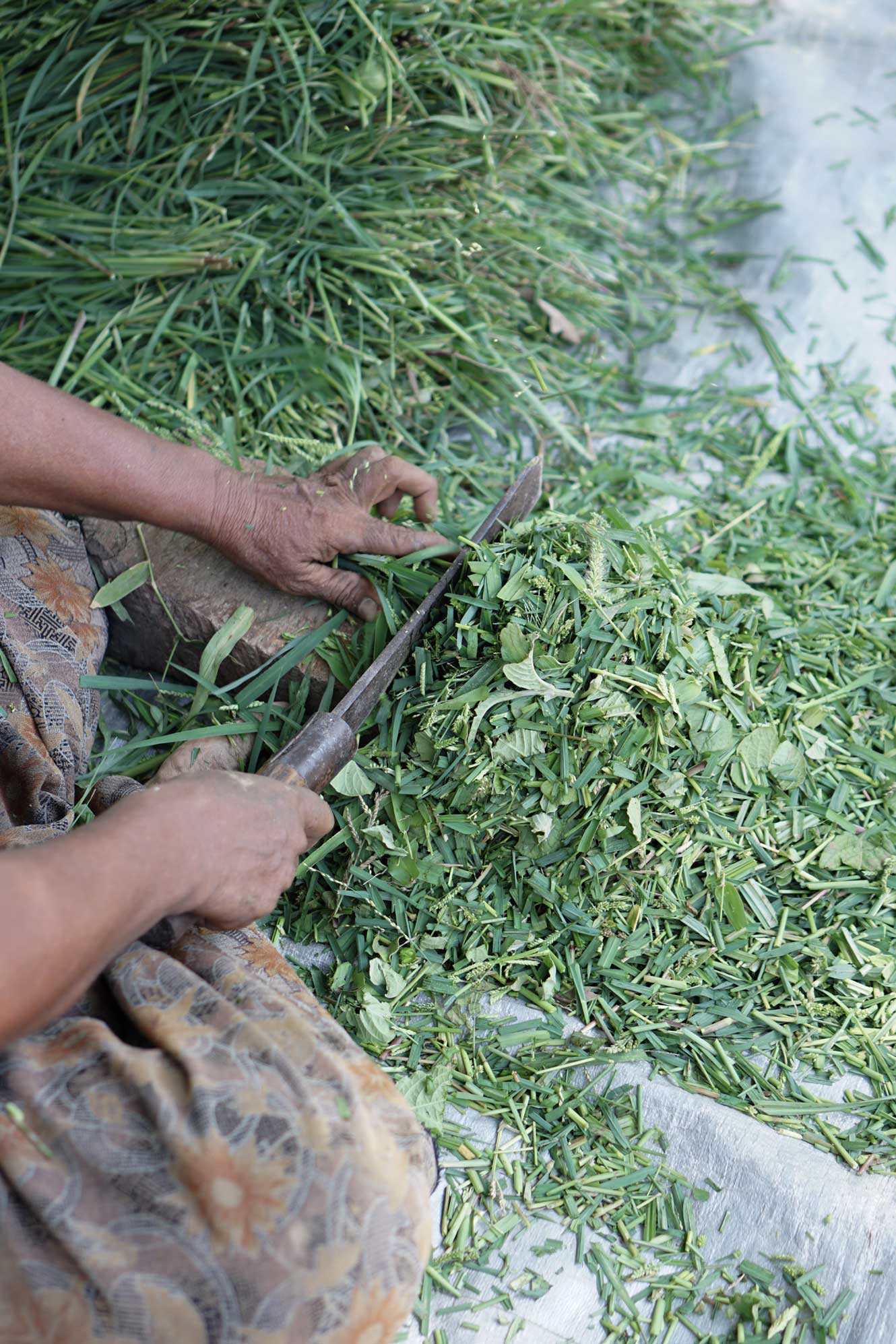
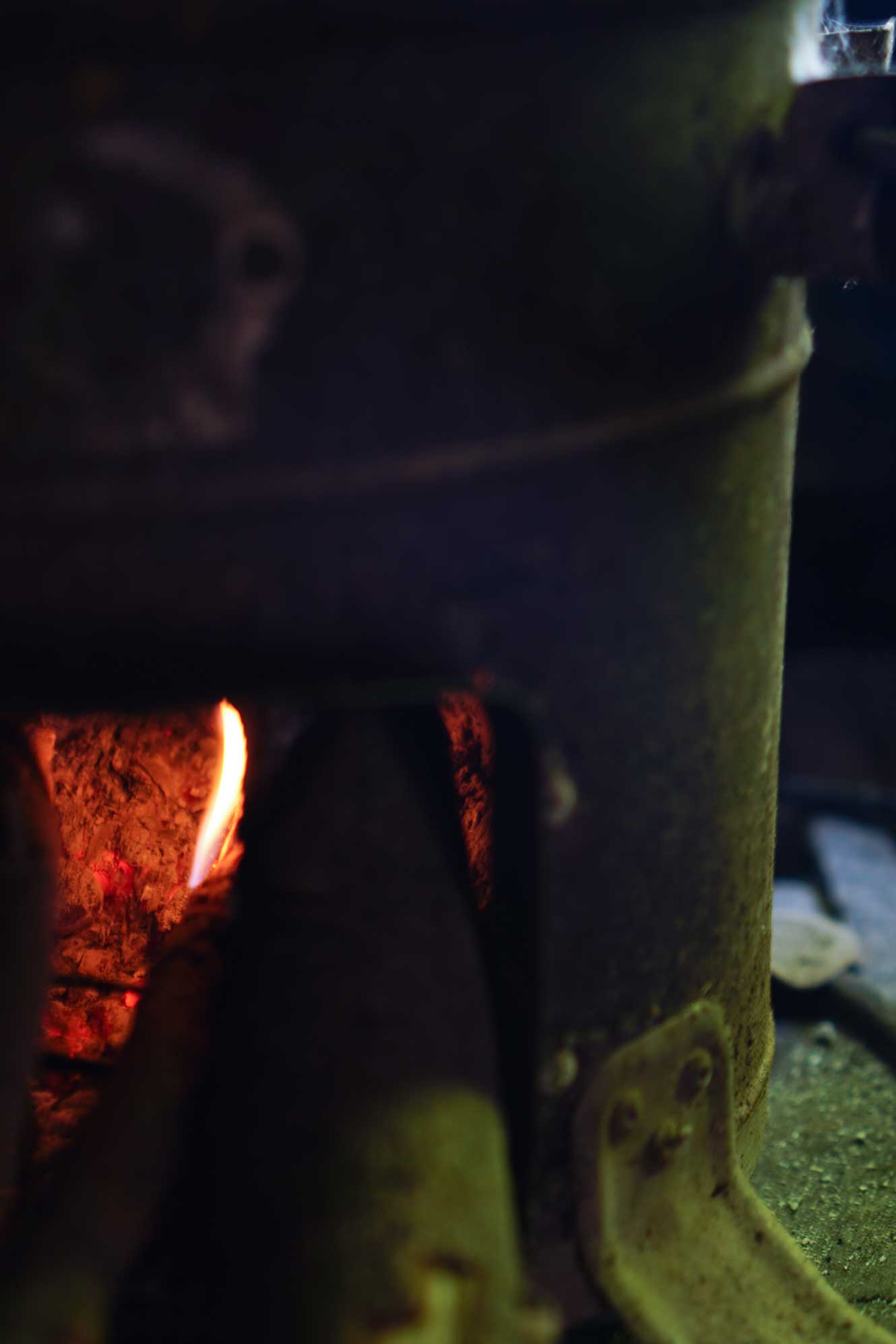
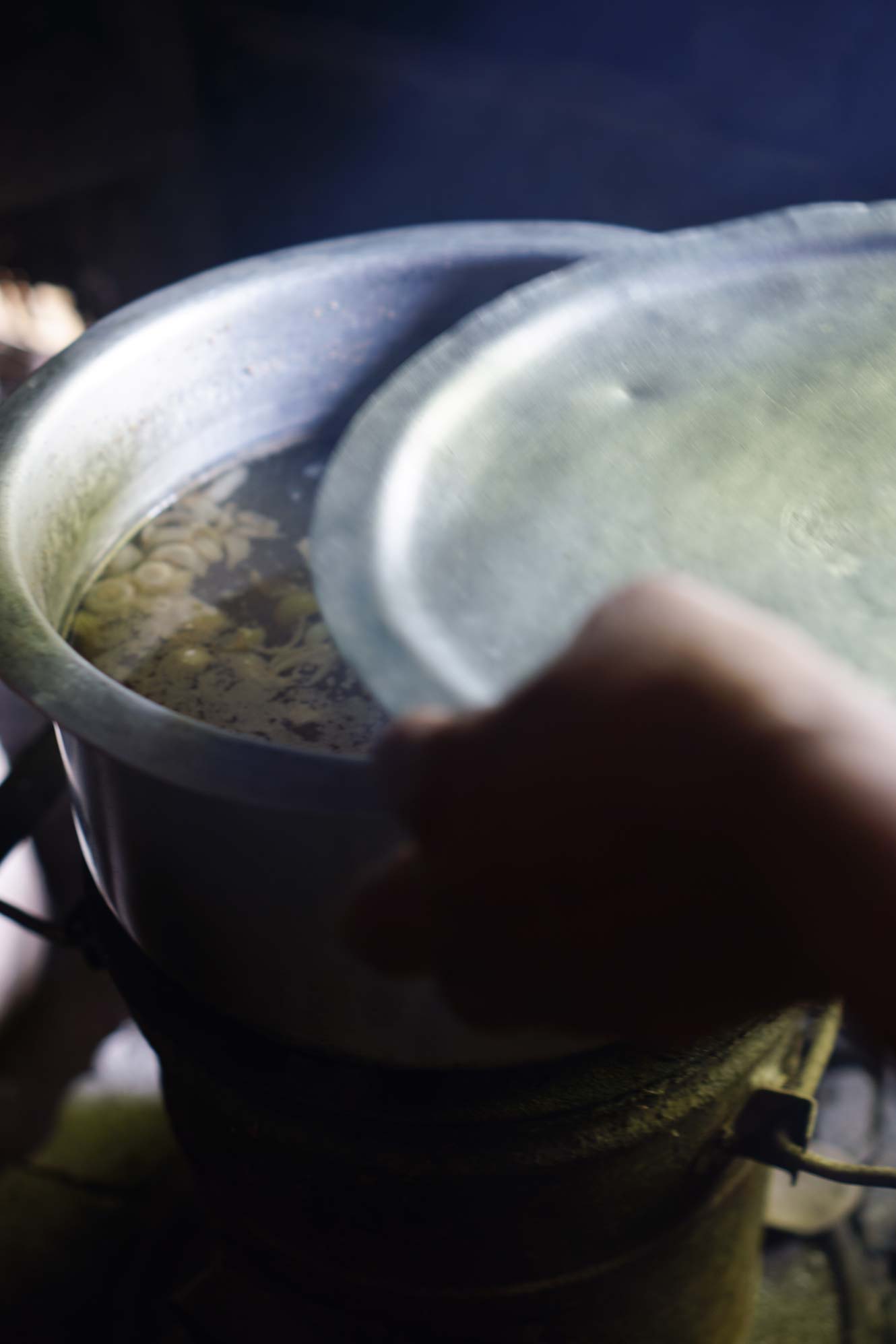
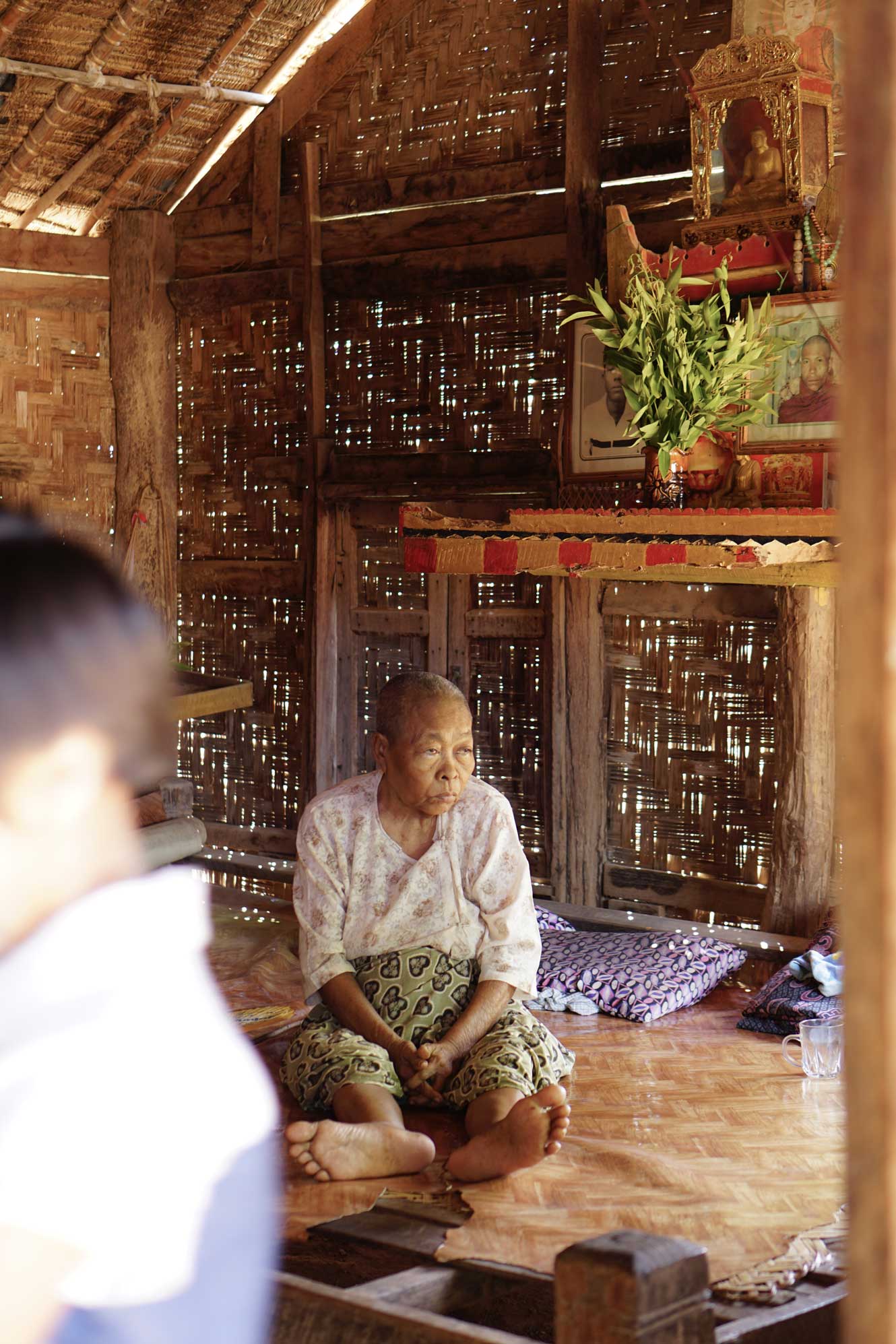
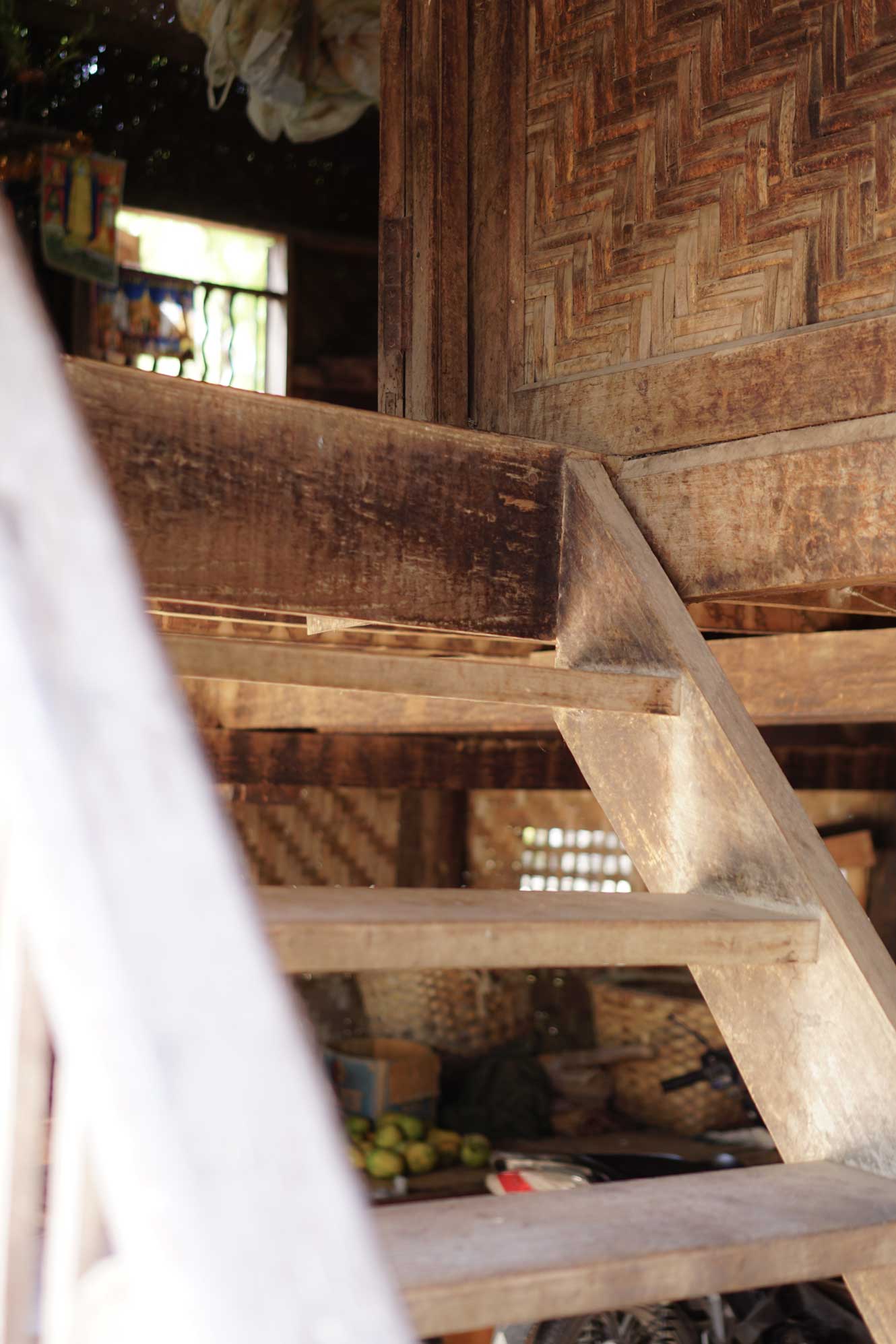
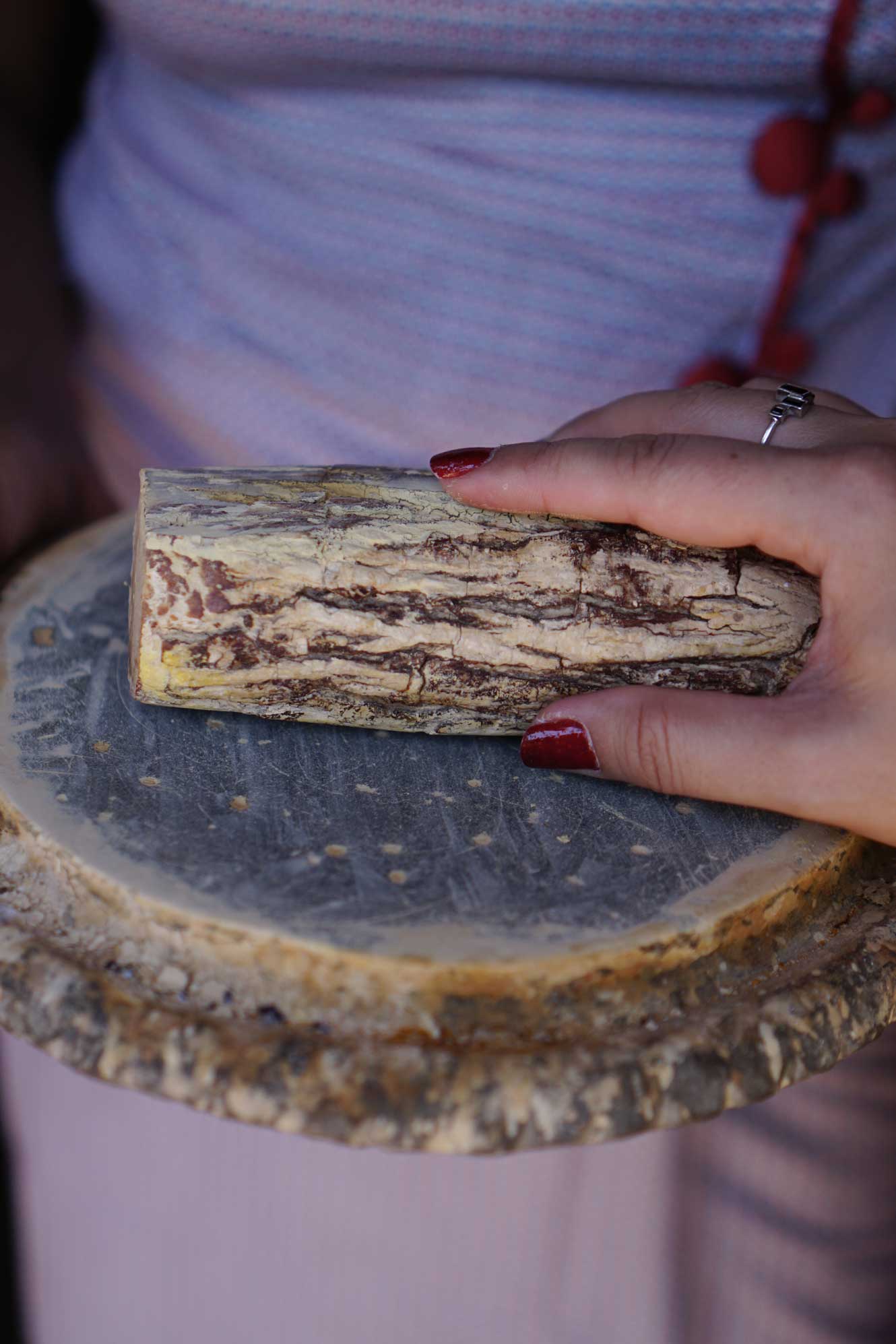
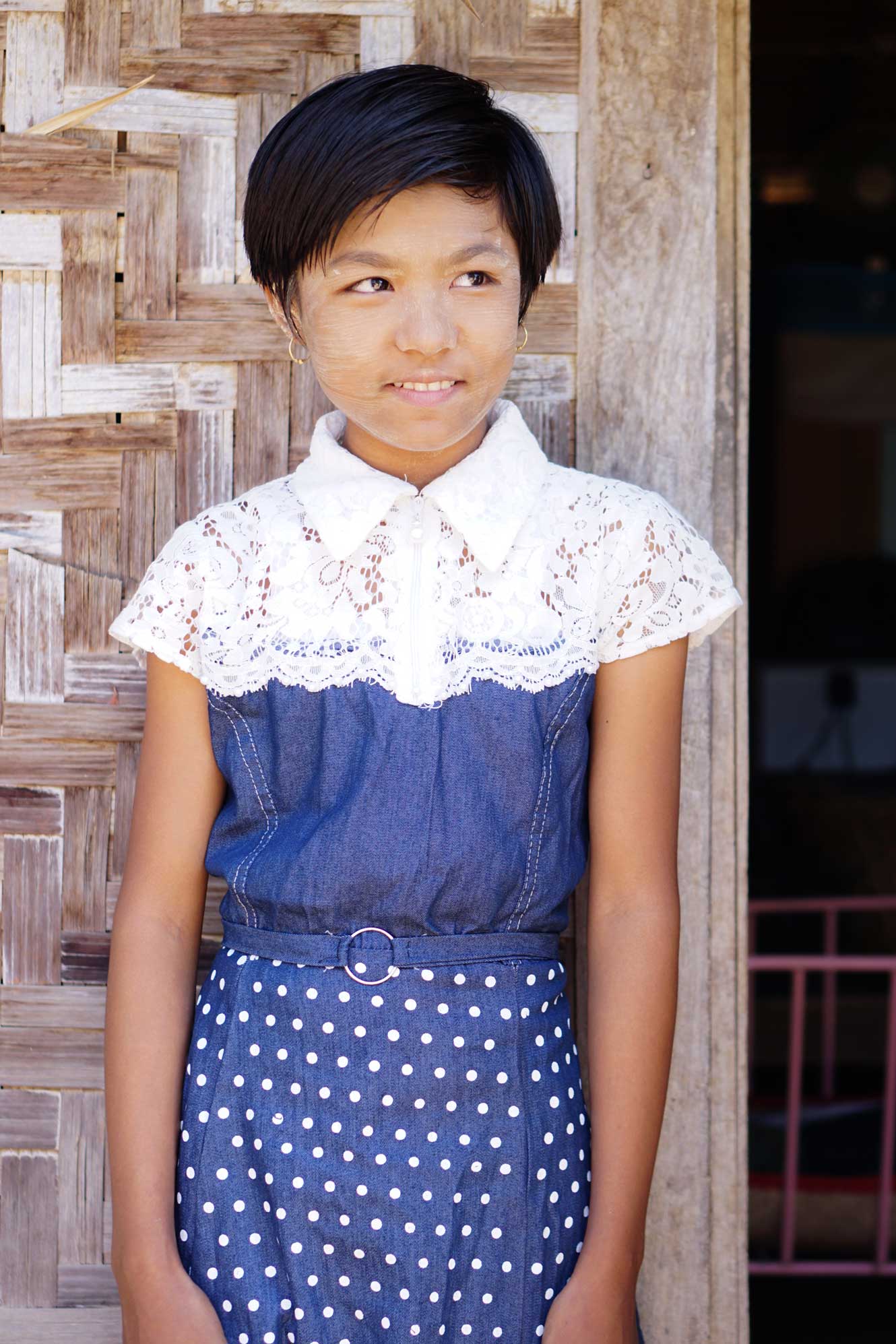
We arrive, getting out of the car and the community leader welcomes us. Fresh mangoes are prepared and served.
Then a resident proudly shows us the newly acquired stove, which has turned out to be very helpful for the village community. The advantages for users are obvious, "because when preparing food, I now have a much more secure feeling compared to an open fireplace," a village resident tells us.
But there are many more benefits. Myanmar is the third-largest contributor to deforestation worldwide. As the forests disappear, the price of wood gets higher, driving more and more families into energy poverty. Rural families in Myanmar spend as much as 40% of their income – or the time equivalent – on purchasing or collecting firewood. On the other sign of the coin is indoor cooking. Indoor cooking on inefficient stoves is a silent killer. Air pollution from domestic cooking is responsible for the premature deaths of over 4 million people a year—more than HIV, Aids, and malaria combined.
So the Soneva Foundation decided to address this issue and provide townships with cookstoves. But using the oven also pays off for the environment. Each cookstove reduces wood consumption by at least 50%, reducing both pressure on forests and household expenditure on fuel. Air pollution is reduced by 80%, improving the health and safety of the whole community. Carbon emissions are reduced by 60%, or four tons per year, per stove.
But despite all these advantages, a lot of persuasion has to be done. The stoves are not provided for free. "As the responsible person for our village, I had to convince all the residents. At first glance, some of the residents were quite skeptical, but after the purchase, everyone agrees that the stove was definitively worth it in the long term," says the community manager.
So there is still a lot to be done, but the potential effects on the livelihood of underserved rural communities in Myanmar are very real. 20.000 stoves sold could benefit a total of 50,000 people. Soneva Foundation has an even higher goal, setting out to reach over 200.000 families; the nearly 1 million people within Myanmar- Stoves-Project.
With an ambitious goal, the Soneva Foundation teamed up with Cleaner Climate, recognized as Southeast Asia’s leading adviser on clean-energy carbon-credit revitalization strategies and Australia’s leader on creative carbon-offsetting initiatives, to offer „stove credits“. These stove credits, also known as carbon credits, are the emission reduction equivalent of one ton of carbon dioxide. The sale of carbon credits provides the necessary funding required to scale this project and hopefully reaches goal setting.
However, the purchase has already paid off for the villagers, the controlled fire alone allows them to keep their food warm and warm it up on-demand. An added value not to be underestimated when far away from electricity and a faucet.
Meanwhile, the lady speaks about it, a small smile runs down her face and it is time for us to leave this wonderful place. Passing abandoned houses made of bamboo, green vegetation, and rice cultivation, we reach our hotel again. I press the button on the remote control. The air conditioning starts and my dinner is waiting for me in the lobby. Quite a normal thing for someone from Europe.
One thing remains: A small oven can make a big change.
Photography & Words: Jens Wittwer

